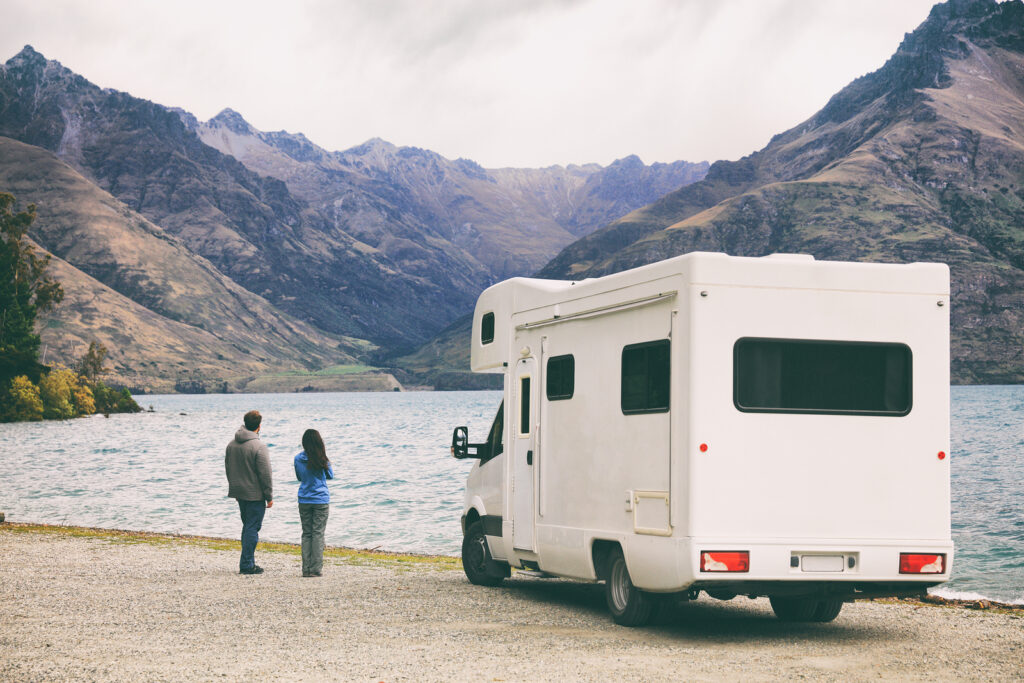
During the epidemic, recreational vehicle (RV) sales increased as anxious families across the United States realized that road vacations might be the safest and only option to get out of the house. And, according to recent consumer reports, the tendency isn’t going away anytime soon. If you’re a first-time RV owner getting ready to hit the road, here’s a checklist to get you started:
Driving an RV does not require a particular license or training in most circumstances (unless your RV is over a certain weight, which varies by state), and it is not the same as driving a car, van, or truck. Practicing, taking a course, or even hiring a personal coach to assist you in learning the ropes will be well worth your time.
Check the weather: When driving an RV, anticipating weather conditions is very crucial. Even in the summer, thunderstorms, flash floods, excessive heat, and other factors can rapidly increase the risk and make safe driving impossible. Allow yourself the freedom to change your schedule according to the weather, and don’t push yourself to go when it’s not safe.
Plan landing spots: With RVs, the question is always where you’ll stay for the night, and you can’t just park wherever. Map out campgrounds, RV parks, or well-lit parking lots at businesses that welcome RV travelers before you start the road, and attempt to discover multiple possibilities along each day’s trip.
Stay safe: Just like a permanent home, you can equip your RV with cameras, smart locks, and other security system technology to keep you safe inside and when you leave your RV unattended.
Prepare for medical emergencies: Having a medical emergency while traveling is a completely different and more difficult experience than having one at home. If you’re traveling regularly or for an extended period of time, be prepared for people to become ill or injured and require medical attention. If someone needs to travel to the urgent care or hospital, make sure you have a backup supply of critical drugs, emergency numbers, and any medical information or records you might need.
Prepare for breakdowns: If you’re going to be doing a lot of driving, having some type of roadside help is a requirement. These services are typically inexpensive, and they will be well worth your money if you ever need to be towed or break down in the middle of the night.
Inside, remain safe: Make sure all the doors and windows are closed, and the blinds and drapes are drawn before you retire to your hotel room. Take care of any camping costs, parking meters, or anything else that could cause you to be inconvenienced late at night or early the next morning. What if someone comes knocking after you’ve retired? Don’t answer it, urge seasoned RVers, especially if you’re in an unknown country. It’s preferable to get a threatening message or a ticket than to open your door to someone who may wish you harm.
Call or email our team immediately with any questions you have about vehicle insurance.